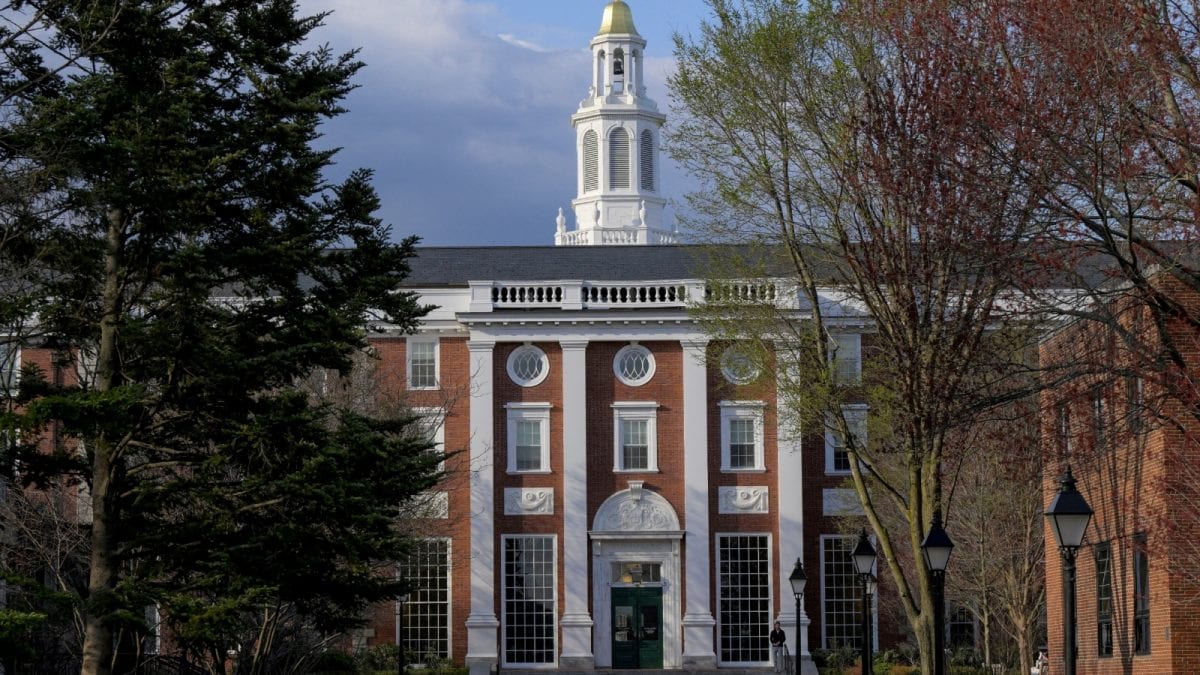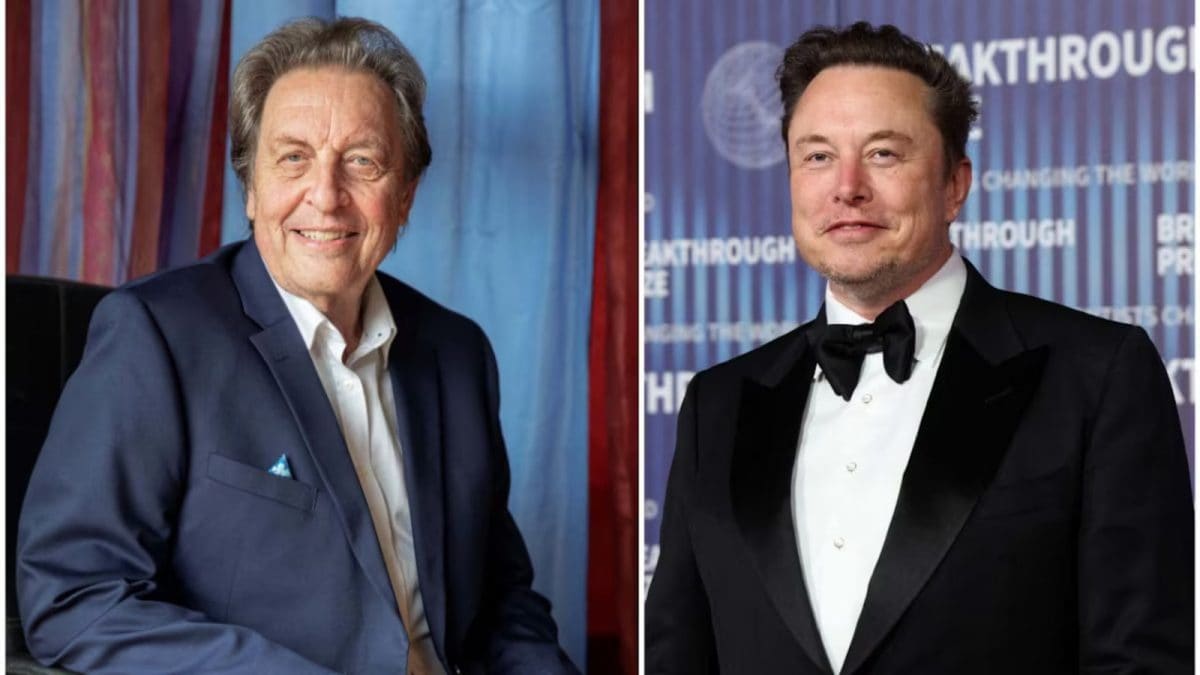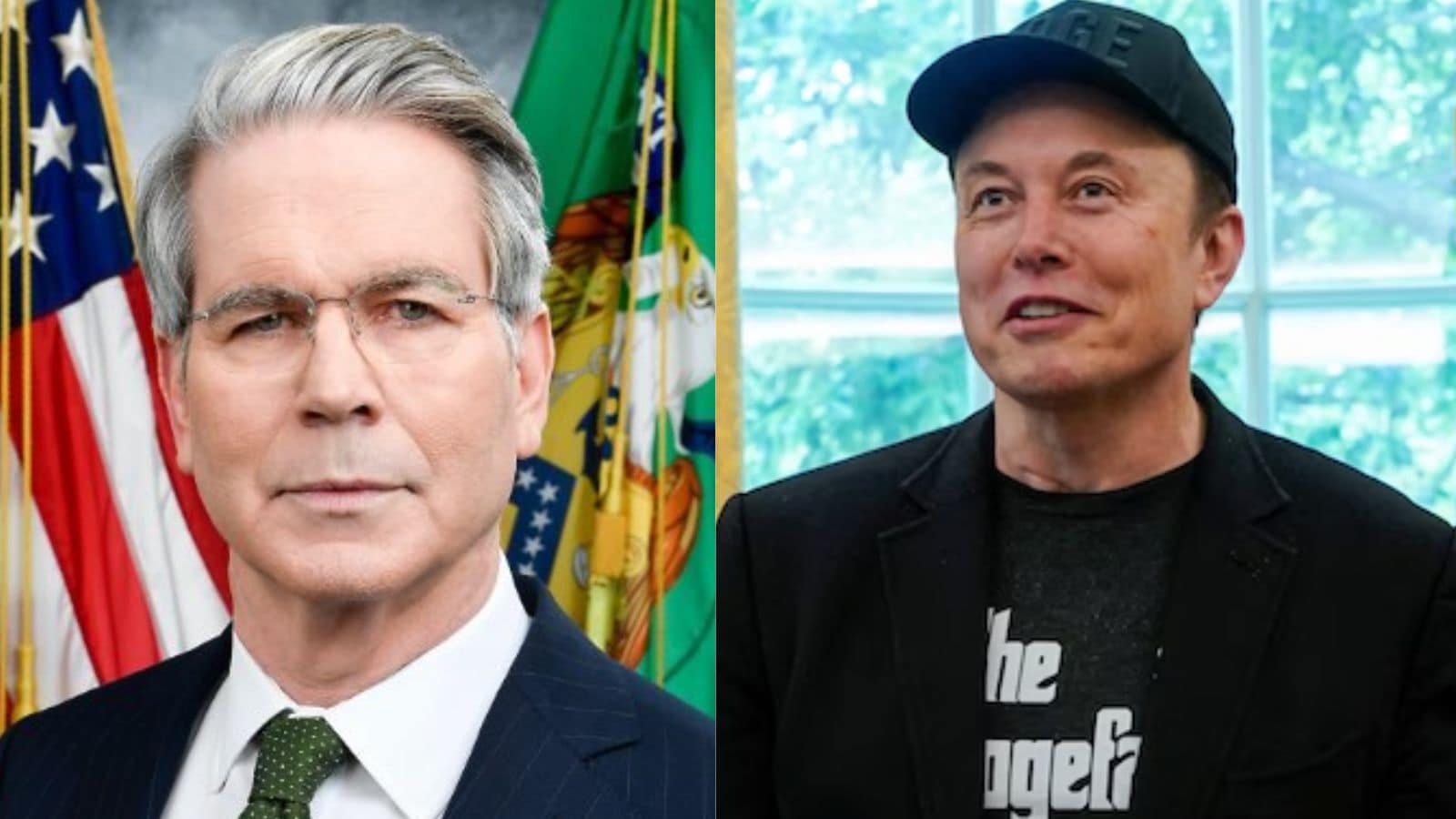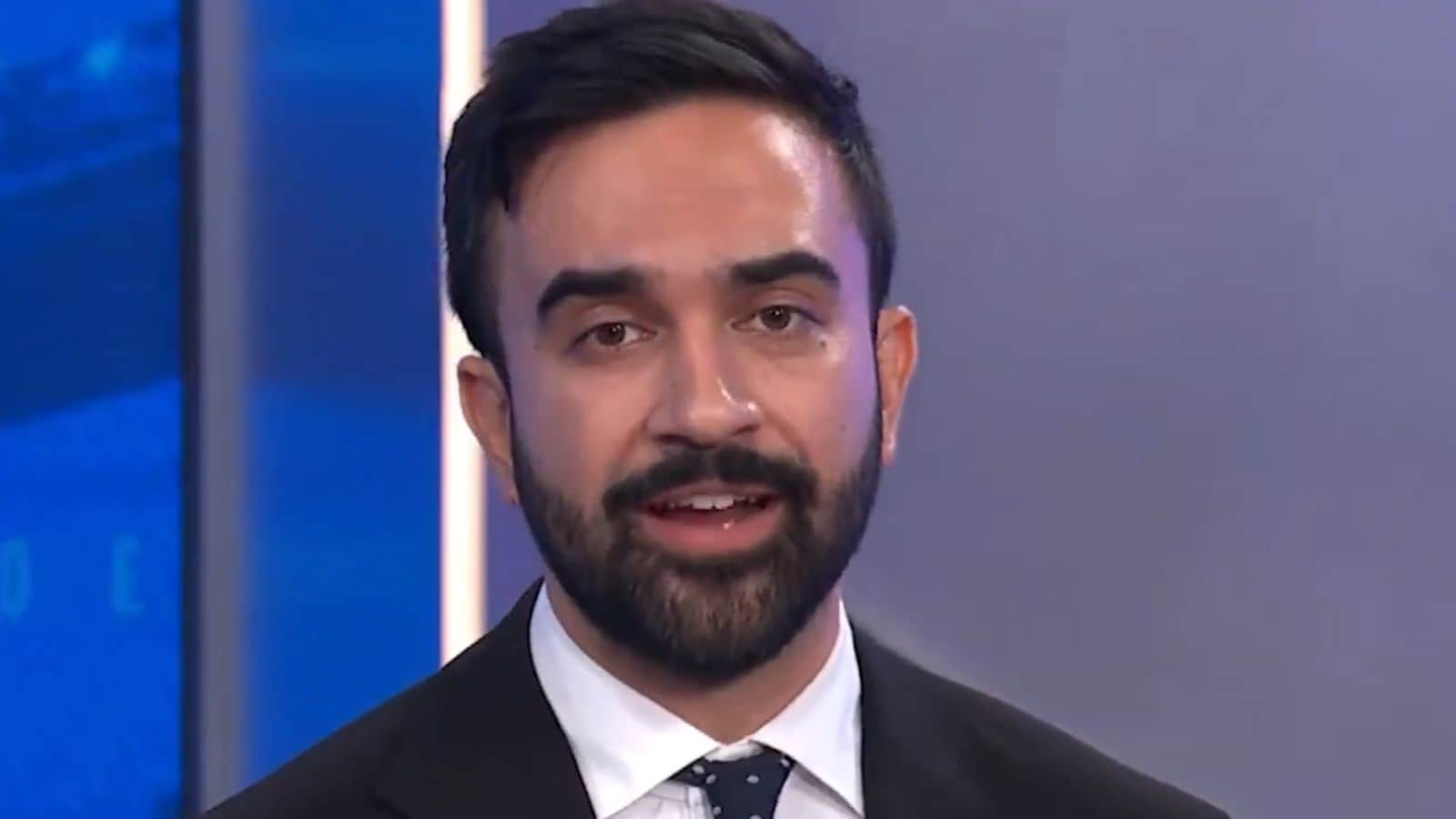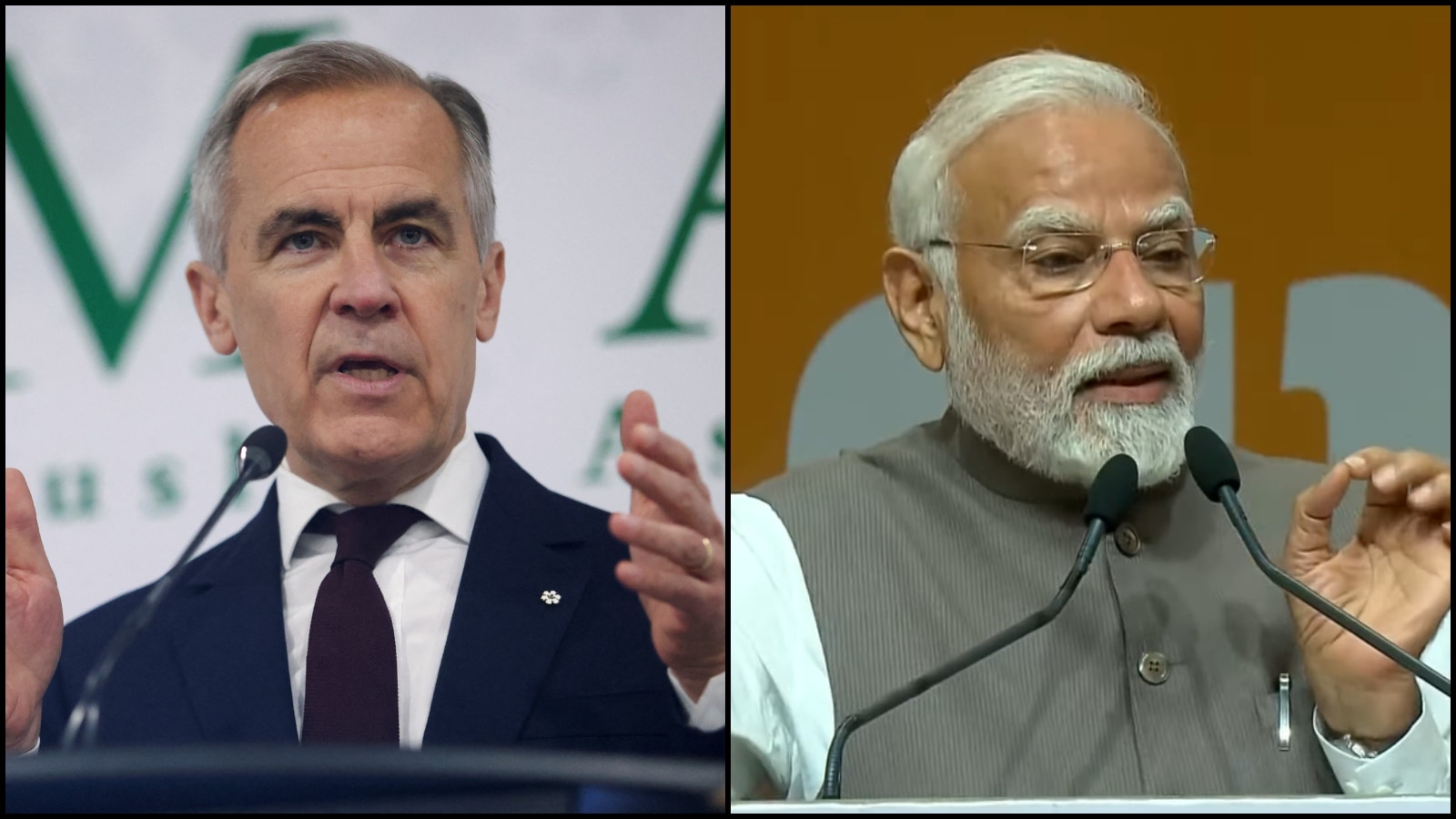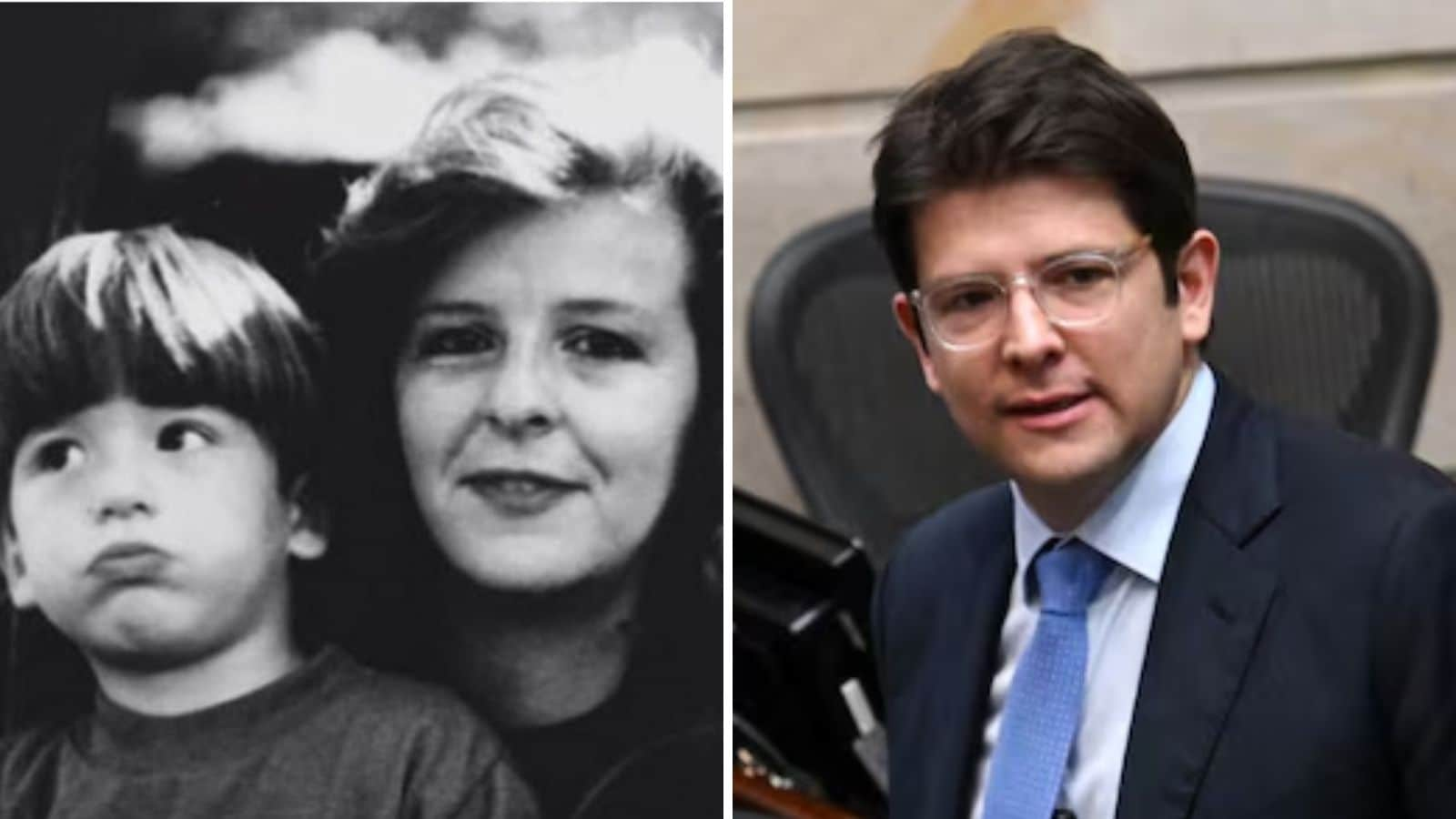Germany’s chancellor-designate, Friedrich Merz, has promised to put staunch support of Ukraine at the heart of his government after announcing that a pro-Kyiv foreign policy expert and former soldier will be the new foreign minister.
Speaking days before he is due to take power, Merz said on Monday it was “no time for euphoria” as his conservative CDU met to approve an agreement to form a coalition government with the Social Democrats.
Promising to tackle Russian aggression and the rise of the far right, he told party colleagues: “The pillars we have relied on over the past years and decades are crumbling around us. Trust in our democracy is damaged like never before in our country’s postwar history.”
Merz, a former banker, said that Johann Wadephul, a conservative MP who has long advised Merz on foreign policy, would become the new foreign minister.
Wadephul has been a supporter of military backing for Ukraine and recently told the Frankfurter Allgemeine Zeitung (FAZ) newspaper the war in Ukraine “is not about a few square kilometres in Ukraine but rather the fundamental question of whether we will allow a classic war of conquest in Europe”.
Merz said that despite domestic misgivings about Germany’s role in Ukraine, with some calling for a halt to weapons deliveries, there were “no ifs or buts” about its continued support. Vladimir Putin’s invasion, he said, was nothing less than a battle “against the entire political order of the European continent”.
Germany, he stressed, would remain “on the side of this attacked country and therefore on the side of all people in Europe who are committed to democracy and the rule of law … to freedom and an open society.”
His statement came hours after Boris Pistorius, a social democrat who is widely expected to continue in the role as defence minister, said Donald Trump’s peace deal proposals were “akin to a capitulation”.
Pistorius and Wadephul are expected to work closely together in a newly formed national security council to represent Germany on the European and international stage.
In a nod to Trump but without naming him, Merz said on Monday: “We have come to the realisation that we can no longer be certain of the transatlantic relationship in the spirit of freedom and the rules-based order.”
Merz and his government are due to be sworn into parliament on 6 May, ending six months of political gridlock. His conservative CDU/CSU alliance agreed a deal to coalesce with the Social Democrats (SPD) after winning a federal election on 23 February, in which the far-right populist Alternative für Deutschland (AfD) came second.
The results of a poll of the SPD’s 365,000 members approving the deal is expected on Wednesday. Only once they have given the green light will the SPD announce its cabinet ministers, said the party’s co-leader Lars Klingbeil.
skip past newsletter promotionafter newsletter promotion
Over recent months, amid a sense of stasis and growing dissatisfaction across the country, the AfD has crept up in the polls and is now for the first time ahead of the conservatives.
Merz has pledged to reduce the AfD, which had managed to take advantage of people’s fear and insecurity he said, to the “marginal phenomenon” it once was. He would do so, he said, by tackling “irregular” immigration that had “got out of hand” over the past decade, an allusion to his predecessor Angela Merkel’s so-called open-door policy during which about 1 million refugees came to Germany.
Among his surprise appointments is that of Karsten Wildberger, the chief executive of Ceconomy, the parent company of the German electronic retailers Saturn and Mediamarkt, who will head a new ministry for digitalisation and modernisation of the state.
He will, in part, be responsible for deciding how a special multibillion euro fund – controversially passed by the outgoing government to boost Germany’s ailing infrastructure and its shrinking economy, as well as strengthening its defence forces – is to be spent.

 1 month ago
1 month ago
